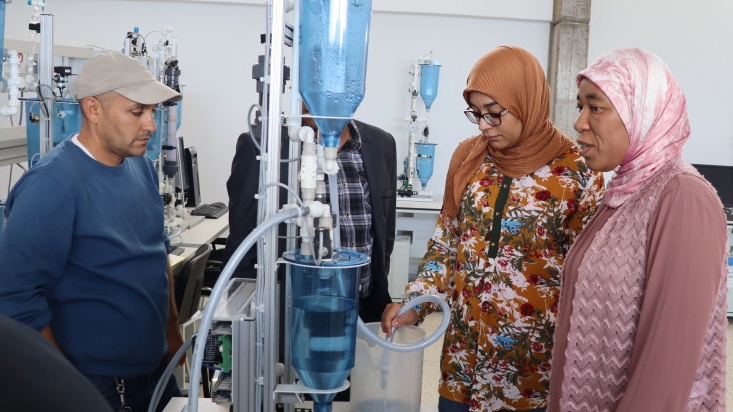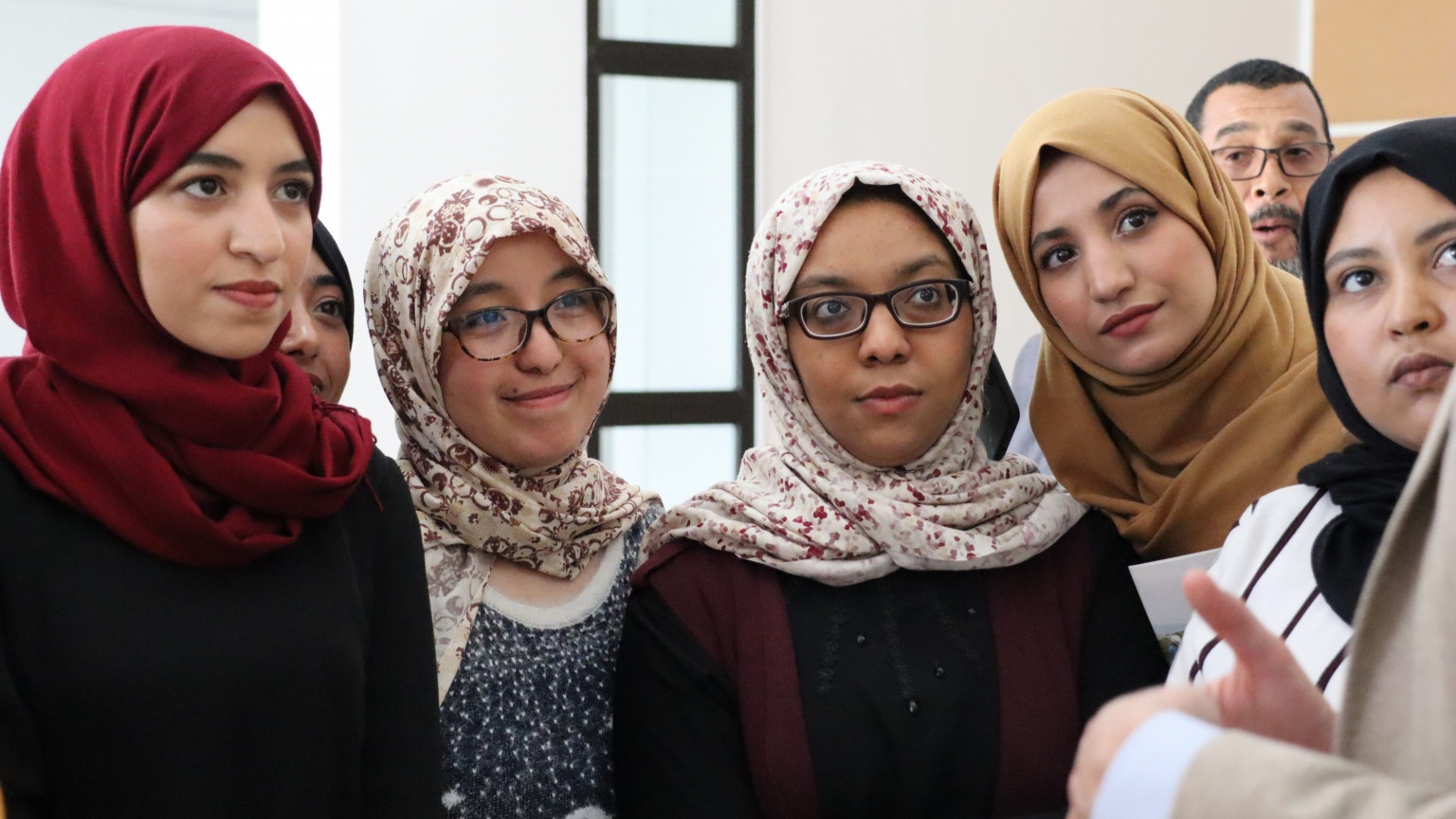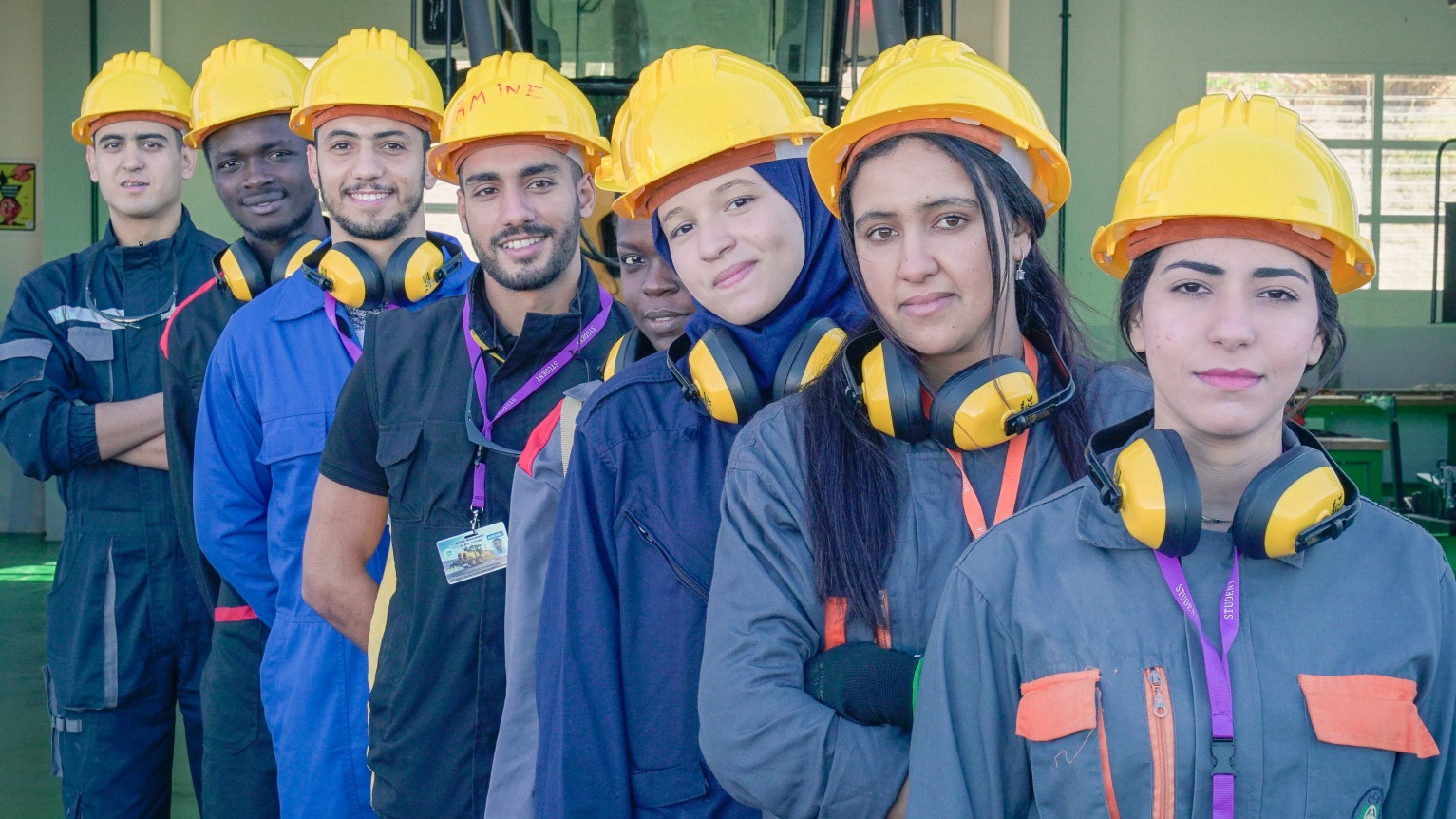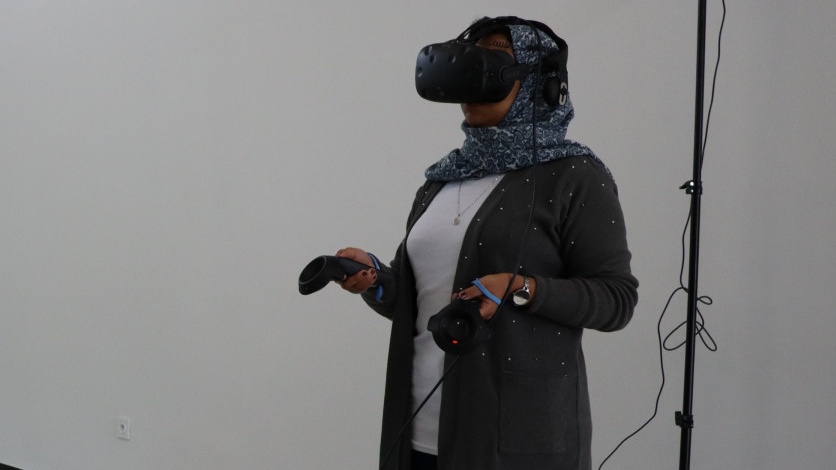

What are green skills?
08 August 2022 Charles Arthur

Simply put, green skills are the knowledge, abilities, values and attitudes needed to live in, develop and support a sustainable and resource-efficient society.
The need to transition towards more environmentally sustainable modes of production and consumption has become imperative, for developed as well as for developing countries.
The transition to a low-carbon, resource-efficient economy requires systemic changes that will result not only in new products and services but also in changes in production processes and business models.
This greening of the economy will inevitably change the skills required and the tasks involved in many of the existing occupations.


There are three main ways in which the transition to a green economy affects needed skills:
The Green General Skill index identifies four groups of work tasks that are especially important for green occupations:
In addition to these skills, a range of soft skills are also considered to be increasingly important, not only for green skills, but generally for “skills of the future”, including also those necessary for the Fourth Industrial Revolution. In particular, skills related to design thinking, creativity, adaptability, resilience, and even empathy, are regarded as critical.


The United Nations Industrial Development Organization (UNIDO) is promoting industrial skills development in developing and emerging economies, and can play a critical role in catalyzing the transition to a green economy.
UNIDO’s Learning and Knowledge Development Facility (LKDF) is based on Public Private Development Partnerships (PPDP) in which public and private sectors make a joint investment in a project implemented by a third party. The LKDF has implemented a variety of PPDPs across countries and sectors to establish and upgrade local industrial training institutions.
One example is the H2O Maghreb project, implemented by UNIDO and supported by the Government of Morocco, FESTO Didactic SE, EON Reality, the Moroccan National Office for Drinking Water and Electricity, and the United States Agency for International Development (USAID).
With the aim of improving water management practices in Morocco, the project has established a high-level training hub to provide market-oriented training in wastewater treatment and water management, and has developed curricula for existing water professionals that combines different professions and specializations related to water and wastewater for municipal and industrial applications.
UNIDO's LKDF Forum 2021 in September 2021 brought together dozens of experts from various backgrounds. By extending the platform for action-oriented debates, the Forum sought to provide solutions to reduce the job-skill mismatch, propose solutions to bridge the digital skills gap, and promote dialogue for future partnerships, leaving no one behind.
At the closing ceremony, Andrea De Remes, co-founder of Erandi Aprende, and Anurag Saha Roy, co-founder of Wikilimo, reiterated the importance of making digital skills learning available and accessible, and brought forward the question of how the international community should assist. In reply, UNIDO's Bernardo Calzadilla-Sarmiento said, "Youth are the future and they should be the ones saying what is needed. We need to involve young people in the decision-making in order to develop the training and the upskilling that they need. Strong involvement of all stakeholders is key if we want to make education and skills accessible to all.”
UNIDO's LKDF Forum 2022 will convene virtually on 19 and 20 October 2022 with the theme, Skills for Resilience: Are We Ready for a Skills Revolution? The Forum will bring together partners, experts, training professionals and stakeholders from the skills development system to examine why resilience in skills has become even more crucial in these uncertain times. Register here.
Further reading:
A Snapshot of the Green Skills Paper Presented at the LKDF Forum 2020